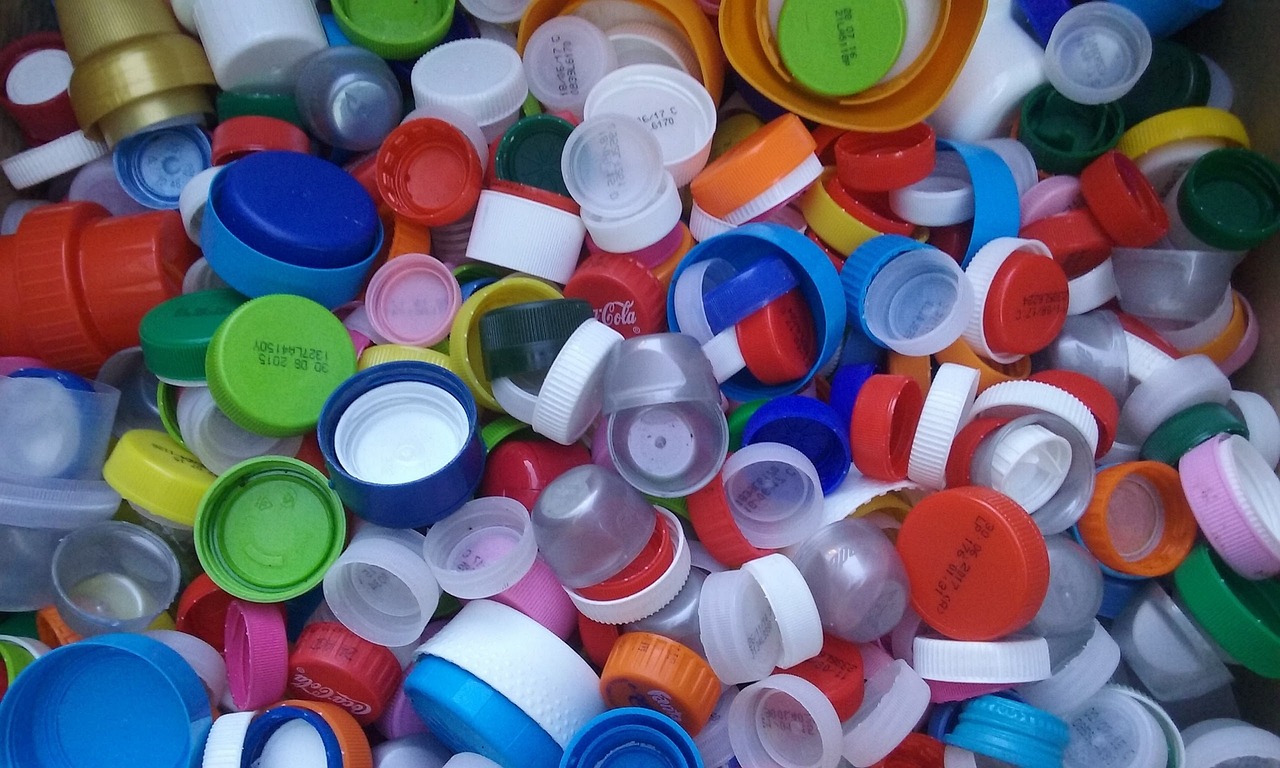
ΑΙhub.org
Machine learning helps researchers separate compostable from conventional plastic waste

By Deborah Pirchner
Disposable plastics are everywhere: Food containers, coffee cups, plastic bags. Some of these plastics, called compostable plastics, can be engineered to biodegrade under controlled conditions. However, they often look identical to conventional plastics, get recycled incorrectly and, as a result, contaminate plastic waste streams and reduce recycling efficiency. Similarly, recyclable plastics are often mistaken for compostable ones, resulting in polluted compost.
Researchers at University College London (UCL) have published a paper in Frontiers in Sustainability in which they used machine learning to automatically sort different types of compostable and biodegradable plastics and differentiate them from conventional plastics.
“The accuracy is very high and allows the technique to be feasibly used in industrial recycling and composting facilities in the future,” said Prof Mark Miodownik, corresponding author of the study.
Accuracy
The researchers worked with different types of plastics measuring between 50mm by 50mm and 5mm by 5mm. Conventional plastic samples included PP and PET, often used for food containers and drinking bottles, as well as LDPE, used, among other things, for plastic bags and packaging. Compostable plastic samples included PLA and PBAT, used for cup lids, tea bags, and magazine wraps; as well as palm-leaf and sugarcane, both biomass-derived materials used to produce packaging. The samples were divided into a training set, used to build classification models, and a testing set, used to check accuracy.
Results showed high success rates: The model achieved perfect accuracy for all materials when the samples measured more than 10mm by 10mm. For sugarcane-derived or palm-leaf-based materials measuring 10mm by 10mm or less, however, the misclassification rate was 20% and 40%, respectively.
Looking at pieces measuring 5mm by 5mm, some materials were identified more reliably than others: For LDPE and PBAT pieces the misclassification rate was 20%; and both biomass-derived materials were misidentified at rates of 60% (sugarcane) and 80% (palm-leaf). The model was, however, able to identify PLA, PP and PET pieces without error, regardless of sample measurements.
Beyond the visible
“Currently, most compostable plastics are treated as a contaminant in the recycling of conventional plastics, reducing their value. Trommel and density sorting are applied to screen compost and reduce the presence of other materials. However, the level of contaminants from the current screening process is unacceptably high,” explained Miodownik. “The advantages of compostable packaging are only realized when they are industrially composted and do not enter the environment or pollute other waste streams or the soil.”
To improve accuracy, a team of scientists including Nutcha Teneepanichskul, Prof Helen Hailes and Miodownik from UCL’s Plastic Waste Innovation Hub tested different types of conventional, compostable, and biodegradable plastics, using hyperspectral imaging (HSI) for classification model development. HSI is an imaging technique that detects the invisible chemical signature of different materials while scanning them, producing a pixel-by-pixel chemical description of a sample. AI models were used to interpret these descriptions and make a material identification.
Plastic mismanagement in recycling and industrial composting processes is high, making reliable sorting mechanisms essential. “Currently, the speed of identification is too low for implementation at industrial scale,” Miodownik pointed out. However, “we can and will improve it since automatic sorting is a key technology to make compostable plastics a sustainable alternative to recycling.”
Read the research in full
Automatic identification and classification of compostable and biodegradable plastics using hyperspectral imaging, Nutcha Taneepanichskul, Helen C. Hailes, Mark Miodownik.









